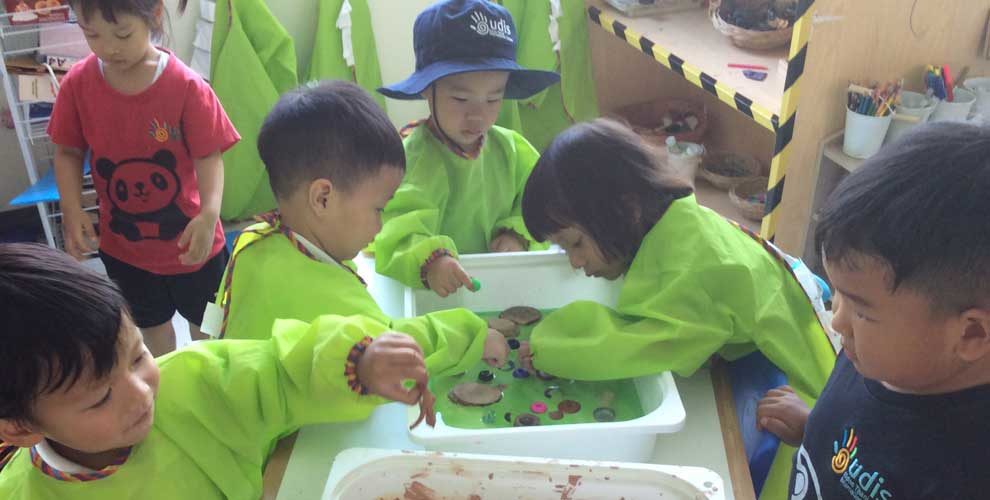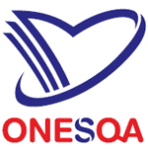The Early Years programme comprises classes from Preschool (2-3 year olds) to K2 (4-5 year olds). Our curriculum for the Early Years (2-5 years old) is based on England’s Early Years Foundation Stage Curriculum (EYFS) and was updated with the latest revisions from 2020. The EYFS has four overarching principles which guide practice in the school. These are:
- Every child is a unique child, who is constantly learning and can be resilient, capable, confident and self-assured.
- Children learn to be strong and independent through positive relationships
- Children learn and develop well in enabling environments, in which their experiences respond to their individual needs and there is a strong partnership between teachers and parents
- Children develop and learn in different ways and at different rates. We include every child, even those with special educational needs and disabilities for which we have the resources to cope.
There are a further seven areas of learning and development which also shape the Early Years programme. Three of these areas are particularly crucial for igniting children’s curiosity and enthusiasm for learning, and for building their capacity to learn, form relationships and thrive. These prime areas are:
- Communication and language
- Physical development
- Personal, social and emotional development
The school then supports children in four specific areas in which the three prime areas can be strengthened and applied. These specific areas are:
- Literacy
- Mathematics
- Understanding the world
- Expressive arts and design
In particular, these learning areas cover the following:
Communication and language
Involves giving children opportunities to experience a rich language environment; to develop their confidence and skills in expressing themselves; and to speak and listen in a range of situations.
Physical development
Involves providing opportunities for young children to be active and interactive; and to develop their coordination, control and movement. Children must also be helped to understand the importance of physical activity, and to make healthy choices in relation to food.
Personal, social and emotional development
Involves helping children to develop a positive sense of themselves, and others, to form positive relationships and develop respect for others; to develop social skills and learn how to manage their feelings; to understand appropriate behaviour in groups; and to have confidence in their own abilities.
Literacy development
Involves encouraging children to link sounds and letters and to begin to read and write. Children must be given access to a wide range of reading materials (books, poems, and other written materials) to ignite their interest.
Mathematics
Involves providing children with opportunities to develop and improve their skills in counting, understanding and using numbers, calculating simple addition and subtraction problems; and to describe shapes, spaces, and measures.
Understanding the world
Involves guiding children to make sense of their physical world and their community through opportunities to explore, observe and find out about people, places, technology and the environment.
Expressive arts and design
Involves enabling children to explore and play with a wide range of media and materials, as well as providing opportunities and encouragement for sharing their thoughts, ideas and feelings through a variety of activities in art, music, movement, dance, role-play, and design and technology






